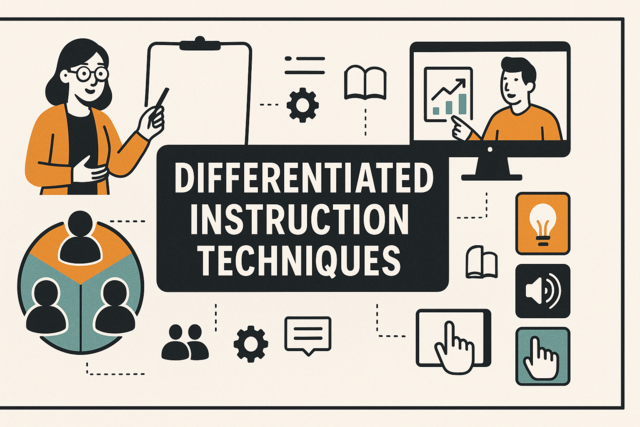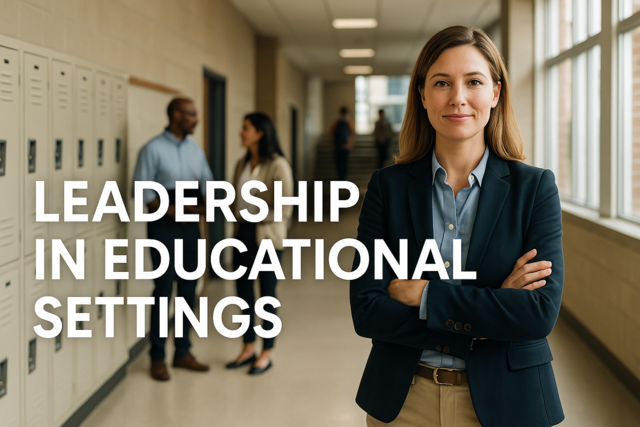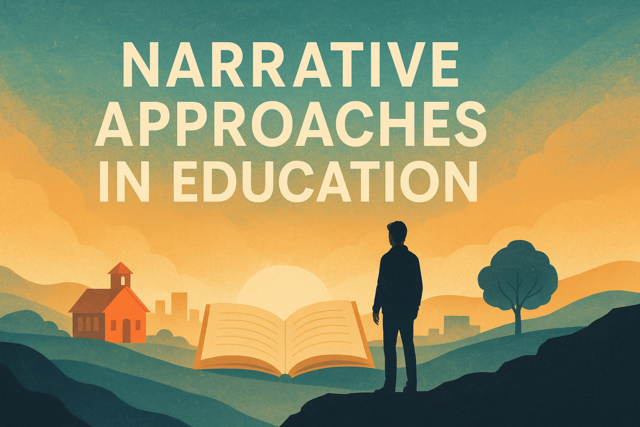Online Class: Professional Learning Communities Development

no certificate
with CEU Certificate*
-
15Lessons
-
22Exams &
Assignments -
6Hours
average time -
0.6CEUs
Course Description
Imagine walking into your classroom, not as an isolated educator navigating the challenges of teaching alone, but as a member of a vibrant, enthusiastic community where ideas flourish and transformative teaching practices are the norm. This is the world you enter when you begin "Igniting Educational Excellence: The Professional Learning Communities Development Experience." From the very first moment, you'll realize this course is not about merely improving your teaching--it's about revolutionizing the way you, your colleagues, and your students experience education.
Picture this: a learning environment that bursts with creativity, where the hurdles you face are no longer burdens brought solely on your shoulders but are shared challenges addressed with the support of an entire network of likeminded, dedicated educators. This course invites you into the heart of Professional Learning Communities (PLCs)--networks that dismantle the traditional barriers of isolation in teaching and replace them with a collective, dynamic support system.
Imagine being at the forefront of a collaborative movement that doesn't just aim to enhance educational standards but seeks to redefine them through innovation and inclusivity. As you dive deep into this narrative-driven journey, each session unfolds like a captivating story, where the heroes--educators like you--are equipped with the tools, strategies, and insights needed to create a thriving ecosystem for both teaching and learning.
What makes this course an essential part of your professional journey is the richness of its community-oriented approach. You will engage with core principles--vision, collaboration, and results--that are the lifeblood of PLCs. Through engaging dialogues and interactive milestones, the course turns theory into practice, showing you firsthand how these principles effectively transform educational landscapes. You don't just learn about PLCs; you become instrumental in their success, honing skills that enable you to craft a narrative of educational excellence within your own school.
The uniqueness and strength of this course lie in its robust framework that fosters an inclusive and holistic learning environment. This course doesn't just teach the concept of a shared educational vision; it immerses you in creating one. Here, you'll explore the synergy that occurs when diverse perspectives and shared goals meet. Your voice will not just be heard--it will shape your professional environment, accelerating innovation and paving the path for meaningful educational reform.
Our seamless integration of digital tools ensures that your learning experience is boundless. It transforms how educators interact by extending collaboration beyond geographical and physical limitations. With expert guest speakers, peer-led discussions, and global networking all just a click away, you'll have access to a wealth of knowledge and insights that inspire continual personal and professional development. The course harnesses the power of technology to bring educators together, forming a borderless community dedicated to fostering student achievement.
But where this course truly shines is in its commitment to the real-world application of what you learn. Here, reflective dialogue becomes a tool for discovery, and collaborative research guides your growth mindset. Experience firsthand how fostering a culture of inquiry and collaboration leads to systemic changes that resonate with both educators and students. This course will not only refine your teaching approach but will embed a philosophy of equity and inclusivity within your educational community, ensuring that every voice and perspective contributes to the shared goal of excellence.
As you journey through this course, you will find yourself inspired by the collective momentum, equipped to navigate challenges, and ready to lead your educational community toward unprecedented success. Imagine your classroom becoming a beacon of academic excellence and harmonious collaboration--this is the transformative power you hold by becoming part of this course.
Enroll now and transform your professional narrative from one of individual effort to a shared mission of educational leadership and inspiration. It's time to embrace this opportunity to inspire change, celebrate the triumphs of collaboration, and lead your teaching community toward a future of limitless potential and academic achievement. This is not just an online course; it's the beginning of a transformative chapter in your educational career.
- Completely Online
- Self-Paced
- 6 Months to Complete
- 24/7 Availability
- Start Anytime
- PC & Mac Compatible
- Android & iOS Friendly
- Accredited CEUs

Course Lessons
Lesson 1. PLCs: Elevating Teaching and Learning
Professional Learning Communities (PLCs) are collaborative networks that promote collective educator growth and student achievement through shared goals and data-driven practices. They encourage reflection and innovation, reshaping traditional isolative teaching into a supportive, dynamic environment.Lesson 2. Essentials of PLCs: Vision, Collaboration, Results
Roles and responsibilities within PLCs form a blueprint that guides collaborative initiatives, enhancing functionality and fostering a culture of reflection and accountability among educators. From facilitators to data analysts, each role is crucial in orchestrating discussions, translating data into insights, and documenting collaborative progress to promote educational excellence.Lesson 3. Collective Vision: The Core of Effective PLCs
Professional Learning Communities thrive on the power of a shared vision, acting as a catalyst for collective action and continuous improvement by integrating diverse perspectives into a cohesive educational goal. This collective ambition not only fosters creativity and strategic innovation but also establishes a culture of trust, allowing educators to adapt quickly to challenges and contribute meaningfully to transformative educational success.Lesson 4. The Power of Shared Expectations
Collaborative team norms lay the groundwork for effective professional learning communities, ensuring seamless interactions, innovation, and trust. By implementing these norms, teams foster psychological safety, structured meetings, and accountability while promoting continuous adaptation to educational needs.Lesson 5. Empowering Educators via Communication in PLCs
Technology enhances communication within PLCs by allowing seamless resource sharing and collaboration beyond physical boundaries. Integrating digital platforms facilitates global insight exchange among educators, who leverage innovative strategies to improve curriculum consistency and student outcomes.Lesson 6. Harnessing Data for Effective Collaboration in Professional Learning Communities
Professional Learning Communities thrive on data-driven decision-making, fostering collaboration among educators to align instructional practices. By utilizing quantitative, qualitative, and historical data, these communities tailor education strategies to address diverse student needs effectively.Lesson 7. Empowering Education Through Reflective Dialogue
Structured questioning and collaborative problem-solving are key elements of reflective dialogue in PLCs, ensuring educators challenge assumptions and explore innovative teaching methods. This process strengths communal learning and collective responsibility, resulting in systemic change and improved educational experiences.Lesson 8. Fostering a Culture of Inquiry Through Collaborative Research
Through action research, PLCs cultivate a proactive educational culture where educators tackle specific issues with data-driven solutions and reflective insights. This collaborative inquiry not only refines instructional approaches but also embeds a growth mindset across learning communities.Lesson 9. Revolutionizing Education: Harnessing Digital Tools for PLCs
Communication platforms like Slack and Microsoft Teams ensure continuous, organized dialogue among educators, fostering a vibrant sense of community regardless of physical distance. Video tools like Zoom allow for engaging interactions with guest speakers and peer reviews across borders, inspiring innovation and continuous professional development.Lesson 10. Equity and Inclusivity in PLCs: Aligning Voices for Collective Growth
Continuously reflecting on and integrating inclusive practices in PLCs creates a dynamic, adaptable learning community. Celebrating collective achievements motivates ongoing growth, ensuring sustained commitment to equity.Lesson 11. Cultivating Collaborative Cultures Through Leadership in Education
Distributed leadership decentralizes roles within PLCs, encouraging active participation and shared ownership among educators. By promoting collective problem-solving, this approach nurtures a culture of creativity and initiative from all members.Lesson 12. Collaboration for Educational Transformation: The Impact of Professional Learning Communities
A Professional Learning Community (PLC) is a dynamic group of educators dedicated to collaborative learning and growth with the goal of enhancing student achievement through innovative and reflective practices. Rooted in a culture of inclusivity and continuous improvement, PLCs foster environments where open dialogue and diverse perspectives lead to transformational change in education.Lesson 13. Navigating Time and Vision Obstacles in PLC Development
Leadership is critical to the success of PLCs, where ineffective leaders may hinder progress by focusing more on administrative tasks than collaboration. Effective leaders possess strong facilitation skills and can create an inclusive environment, empowering educators to share diverse perspectives and inspire innovation.Lesson 14. Collaborative Catalysts for Educational Transformation
In PLCs, educators unite under a shared vision, crafting strategies that weave through diverse curricula to bolster academic achievement holistically. Through mutual trust and open dialogue, PLCs transcend cooperation, emerging as incubators for innovative pedagogical advancements that resonate throughout the learning community.Lesson 15. Collaboration and Improvement: The PLC Framework
Embracing diverse perspectives within PLCs leads to cohesive teaching strategies that promote equity and inclusivity in education. Leveraging modern technology, these communities thrive through virtual and hybrid structures, expanding their impact and accessibility.
Learning Outcomes
- Demonstrate the ability to engage in reflective dialogue with peers to enhance teaching practices and improve student outcomes within a Professional Learning Community (PLC).
- Identify and apply data-informed decision-making strategies during PLC meetings to collaboratively address student learning gaps and develop targeted intervention strategies.
- Define the key elements of Professional Learning Communities (PLCs) and explain how they collectively enhance student outcomes.
- Identify specific roles within PLCs and demonstrate how each contributes to collaborative problem-solving and continuous improvement in educational settings.
- Define the concept of a shared vision within Professional Learning Communities (PLCs) and explain its role in promoting educational success through collaboration and innovation.
- Demonstrate an understanding of the process of establishing a shared vision by describing the steps involved in collaborative goal-setting and consensus-building within PLCs.
- Define the role of collaborative team norms in promoting effective communication within professional learning communities (PLCs) by establishing clear expectations and accountability.
- Demonstrate the ability to apply decision-making frameworks in PLCs to collaboratively analyze educational challenges and implement evidence-based solutions for improved student outcomes.
- Describe the role of active listening in fostering effective communication within Professional Learning Communities and identify at least two strategies demonstrating its impact on teacher collaboration.
- Explain how technology enhances communication among educators in Professional Learning Communities by listing specific tools used in virtual collaboration and illustrating their contributions to improving teaching practices.
- Demonstrate the ability to design and utilize data collection methods, such as surveys and classroom observations, to enhance instructional strategies in PLCs.
- Identify and differentiate between quantitative, qualitative, and historical/contextual data sources used within Professional Learning Communities (PLCs).
- Identify and articulate at least three principles of reflective dialogue in the context of Professional Learning Communities (PLCs), demonstrating their application in creating a collaborative environment.
- Demonstrate mastery of lesson content at levels of 70% or higher.
Additional Course Information

- Document Your Lifelong Learning Achievements
- Earn an Official Certificate Documenting Course Hours and CEUs
- Verify Your Certificate with a Unique Serial Number Online
- View and Share Your Certificate Online or Download/Print as PDF
- Display Your Certificate on Your Resume and Promote Your Achievements Using Social Media

Choose Your Subscription Plan
No Certificate / No CEUs
This course only
| Includes certificate | X |
| Includes CEUs | X |
| Self-paced |

|
| Instructor support |

|
| Time to complete | 6 months |
| No. of courses | 1 course |
Certificate & CEUs
This course only
| Includes certificate |

|
| Includes CEUs |

|
| Self-paced |

|
| Instructor support |

|
| Time to complete | 6 months |
| No. of courses | 1 course |
Certificates & CEUs
Includes all 600+ courses
| Includes certificate |

|
| Includes CEUs |

|
| Self-paced |

|
| Instructor support |

|
| Time to complete | 12 Months |
| No. of courses | 600+ |
Certificates & CEUs
Includes all 600+ courses
| Includes certificate |

|
| Includes CEUs |

|
| Self-paced |

|
| Instructor support |

|
| Time to complete | 24 Months |
| No. of courses | 600+ |
Related Courses
-
 5 hours
0.5 CEUs
Advanced Feng Shui Techniques
+ More Info
5 hours
0.5 CEUs
Advanced Feng Shui Techniques
+ More Info
-
 7 hours
0.7 CEUs
The Science of Miracles: When Logic Defies Understanding
+ More Info
7 hours
0.7 CEUs
The Science of Miracles: When Logic Defies Understanding
+ More Info
-
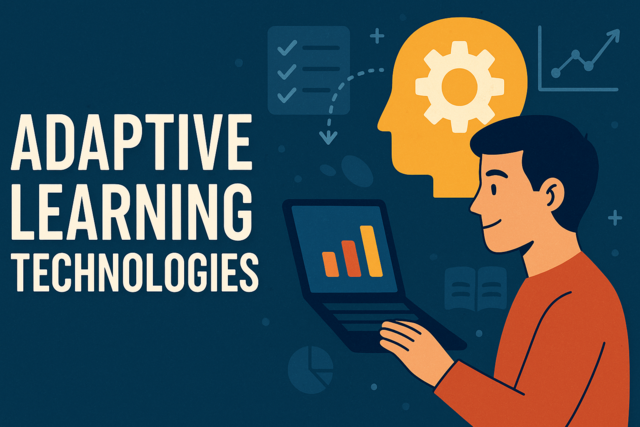 6 hours
0.6 CEUs
Adaptive Learning Technologies
+ More Info
6 hours
0.6 CEUs
Adaptive Learning Technologies
+ More Info
-
 7 hours
0.7 CEUs
Designing Interdisciplinary Curricula
+ More Info
7 hours
0.7 CEUs
Designing Interdisciplinary Curricula
+ More Info
-
 7 hours
0.7 CEUs
Spiritual Awakening and Self-Discovery
+ More Info
7 hours
0.7 CEUs
Spiritual Awakening and Self-Discovery
+ More Info
-
 7 hours
0.7 CEUs
Emotional Detox: Clearing Pathways to Better Relationships
+ More Info
7 hours
0.7 CEUs
Emotional Detox: Clearing Pathways to Better Relationships
+ More Info
-
 7 hours
0.7 CEUs
The Art of Manifesting Your Dreams
+ More Info
7 hours
0.7 CEUs
The Art of Manifesting Your Dreams
+ More Info
-
 7 hours
0.7 CEUs
Promoting Independence and Life Skills
+ More Info
7 hours
0.7 CEUs
Promoting Independence and Life Skills
+ More Info
-
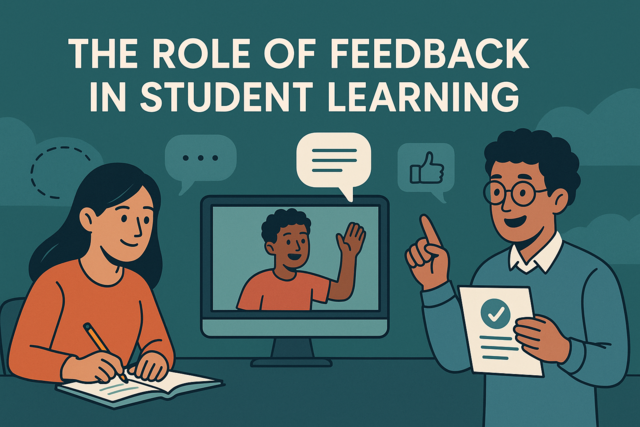 4 hours
0.4 CEUs
The Role of Feedback in Student Learning
+ More Info
4 hours
0.4 CEUs
The Role of Feedback in Student Learning
+ More Info
-
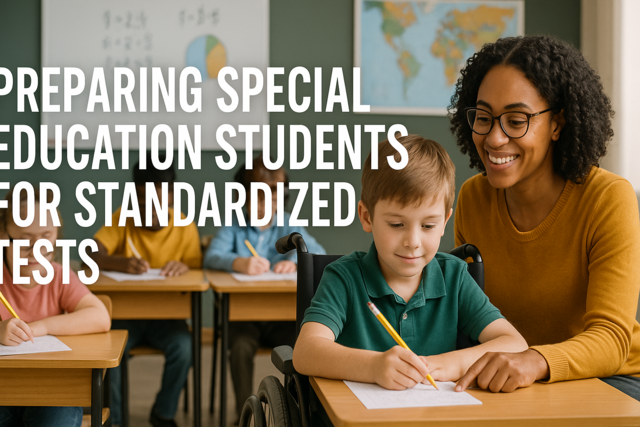 3 hours
0.3 CEUs
Preparing Special Education Students for Standardized Tests
+ More Info
3 hours
0.3 CEUs
Preparing Special Education Students for Standardized Tests
+ More Info
-
 3 hours
0.3 CEUs
Leadership in Love: Fostering Growth in Family Relations
+ More Info
3 hours
0.3 CEUs
Leadership in Love: Fostering Growth in Family Relations
+ More Info
-
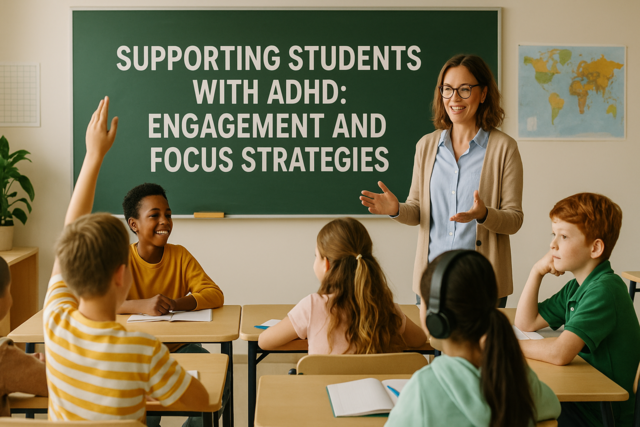 4 hours
0.4 CEUs
Supporting Students with ADHD: Engagement and Focus Strategies
+ More Info
4 hours
0.4 CEUs
Supporting Students with ADHD: Engagement and Focus Strategies
+ More Info
-
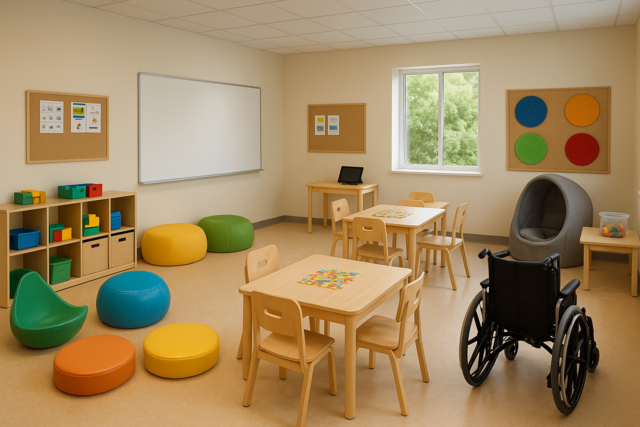 7 hours
0.7 CEUs
Classroom Design and Environment for Special Needs Students
+ More Info
7 hours
0.7 CEUs
Classroom Design and Environment for Special Needs Students
+ More Info
-
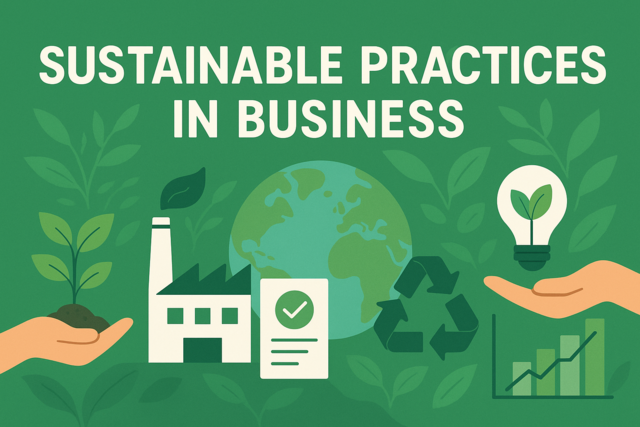 6 hours
0.6 CEUs
Sustainable Practices in Business
+ More Info
6 hours
0.6 CEUs
Sustainable Practices in Business
+ More Info
-
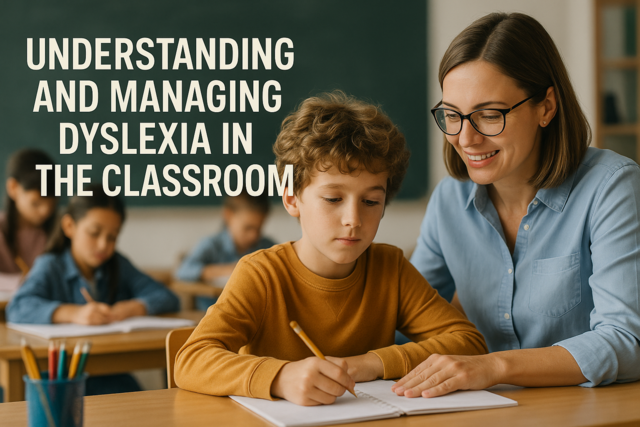 4 hours
0.4 CEUs
Understanding and Managing Dyslexia in the Classroom
+ More Info
4 hours
0.4 CEUs
Understanding and Managing Dyslexia in the Classroom
+ More Info
-
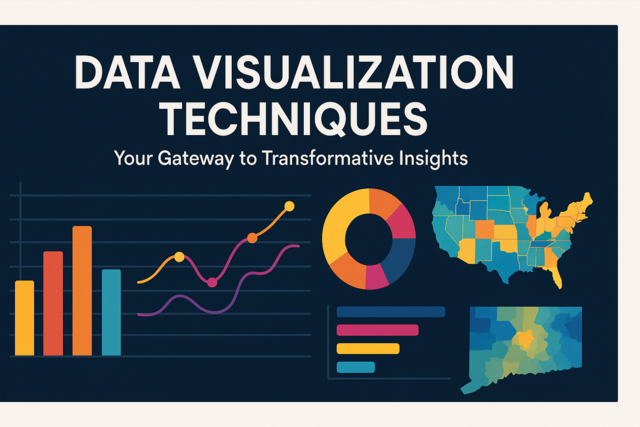 5 hours
0.5 CEUs
Data Visualization Techniques
+ More Info
5 hours
0.5 CEUs
Data Visualization Techniques
+ More Info
-
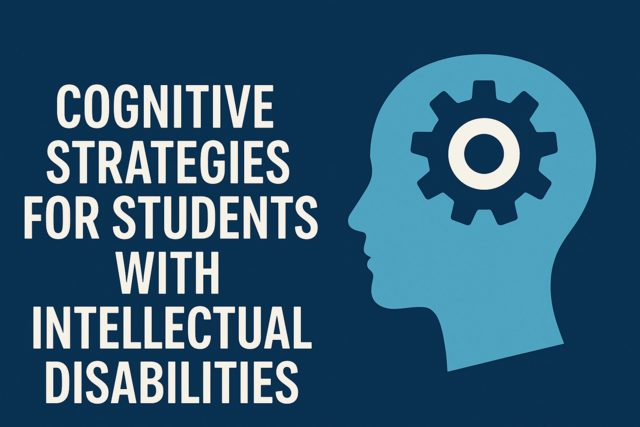 7 hours
0.7 CEUs
Cognitive Strategies for Students with Intellectual Disabilities
+ More Info
7 hours
0.7 CEUs
Cognitive Strategies for Students with Intellectual Disabilities
+ More Info
-
 7 hours
0.7 CEUs
Integrating Arts into the Curriculum
+ More Info
7 hours
0.7 CEUs
Integrating Arts into the Curriculum
+ More Info
-
 7 hours
0.7 CEUs
Emotional Intelligence: Enhancing Workplace Relationships
+ More Info
7 hours
0.7 CEUs
Emotional Intelligence: Enhancing Workplace Relationships
+ More Info
-
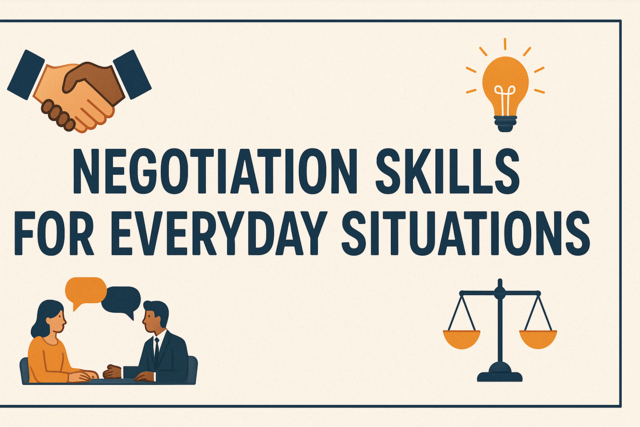 3 hours
0.3 CEUs
Negotiation Skills for Everyday Situations
+ More Info
3 hours
0.3 CEUs
Negotiation Skills for Everyday Situations
+ More Info
-
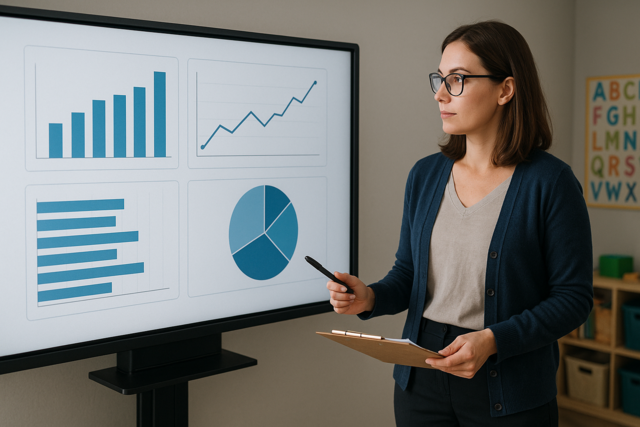 6 hours
0.6 CEUs
Data-Driven Decision Making in Special Education
+ More Info
6 hours
0.6 CEUs
Data-Driven Decision Making in Special Education
+ More Info
-
 5 hours
0.5 CEUs
Coaching and Mentoring Skills
+ More Info
5 hours
0.5 CEUs
Coaching and Mentoring Skills
+ More Info
-
 3 hours
0.3 CEUs
Social Media Content Creation
+ More Info
3 hours
0.3 CEUs
Social Media Content Creation
+ More Info
-
 7 hours
0.7 CEUs
Developing and Maintaining Healthy Habits
+ More Info
7 hours
0.7 CEUs
Developing and Maintaining Healthy Habits
+ More Info
-
 4 hours
0.4 CEUs
Elite Ensembles: Crafting Timeless Women's Looks
+ More Info
4 hours
0.4 CEUs
Elite Ensembles: Crafting Timeless Women's Looks
+ More Info
-
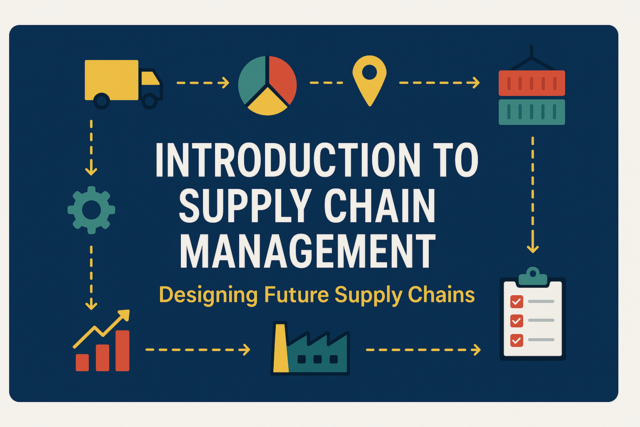 4 hours
0.4 CEUs
Introduction to Supply Chain Management
+ More Info
4 hours
0.4 CEUs
Introduction to Supply Chain Management
+ More Info
-
 6 hours
0.6 CEUs
Creating a Work-Life Balance
+ More Info
6 hours
0.6 CEUs
Creating a Work-Life Balance
+ More Info
-
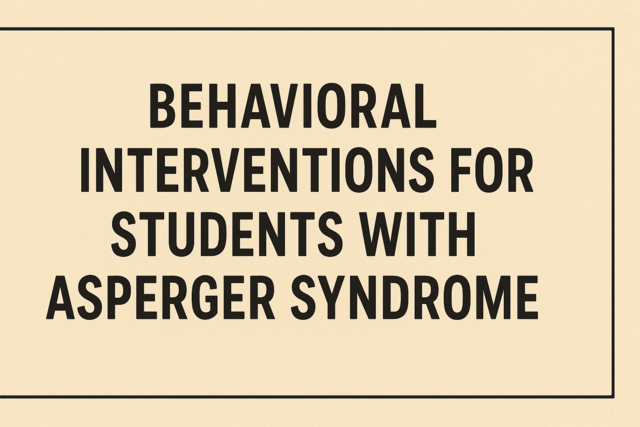 4 hours
0.4 CEUs
Behavioral Interventions for Students with Asperger Syndrome
+ More Info
4 hours
0.4 CEUs
Behavioral Interventions for Students with Asperger Syndrome
+ More Info
-
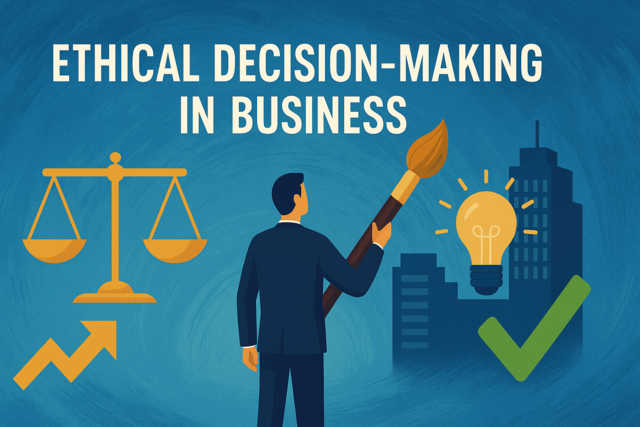 6 hours
0.6 CEUs
Ethical Decision-Making in Business
+ More Info
6 hours
0.6 CEUs
Ethical Decision-Making in Business
+ More Info
-
 7 hours
0.7 CEUs
Research Frontiers: Contemporary Studies in Trauma and Recovery
+ More Info
7 hours
0.7 CEUs
Research Frontiers: Contemporary Studies in Trauma and Recovery
+ More Info
-
 4 hours
0.4 CEUs
Narcissistic Loops: Breaking the Cycle of Self-Absorption
+ More Info
4 hours
0.4 CEUs
Narcissistic Loops: Breaking the Cycle of Self-Absorption
+ More Info
-
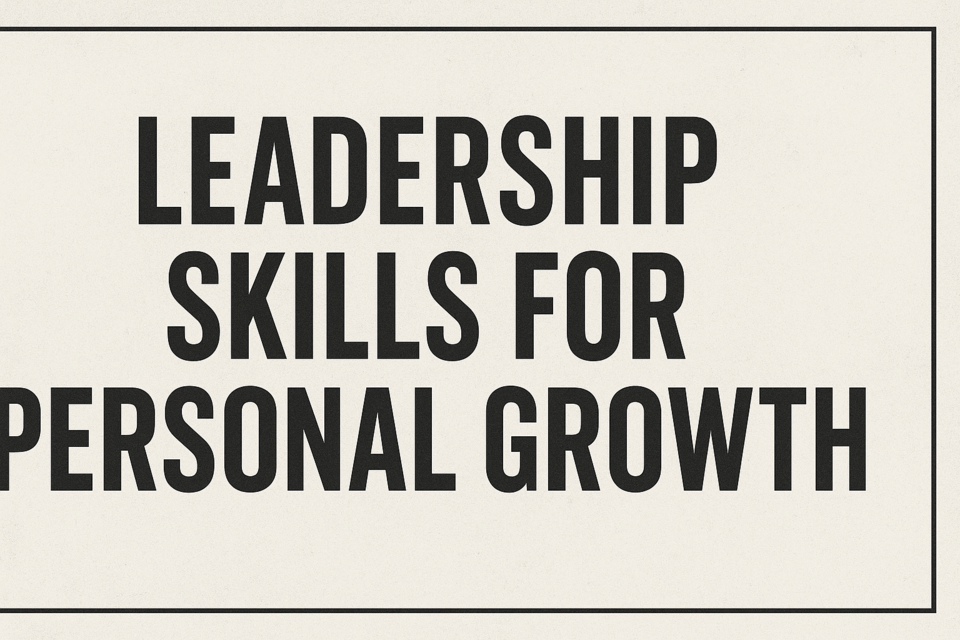 4 hours
0.4 CEUs
Leadership Skills for Personal Growth
+ More Info
4 hours
0.4 CEUs
Leadership Skills for Personal Growth
+ More Info
-
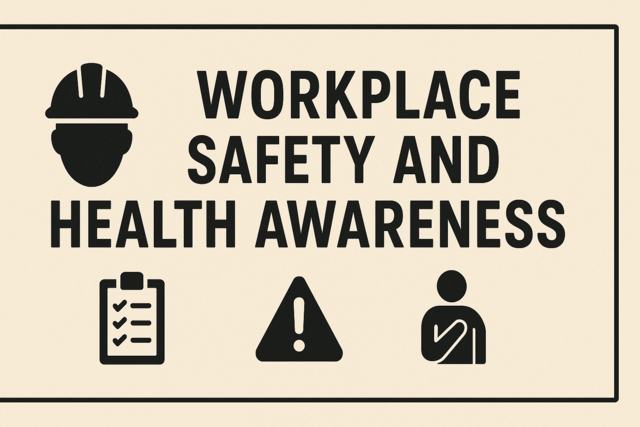 6 hours
0.6 CEUs
Workplace Safety and Health Awareness
+ More Info
6 hours
0.6 CEUs
Workplace Safety and Health Awareness
+ More Info
-
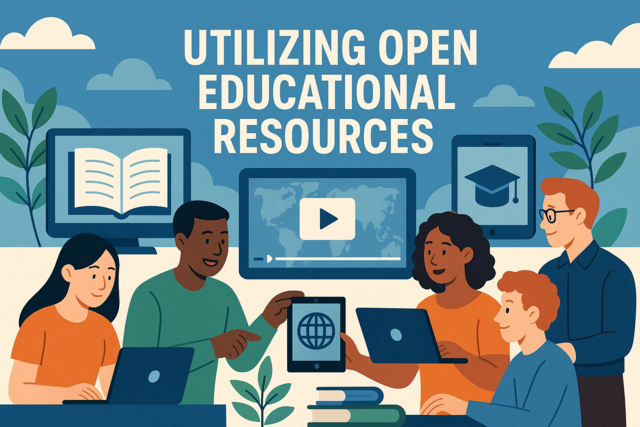 4 hours
0.4 CEUs
Utilizing Open Educational Resources
+ More Info
4 hours
0.4 CEUs
Utilizing Open Educational Resources
+ More Info
-
 7 hours
0.7 CEUs
Mindful Living in the Modern World
+ More Info
7 hours
0.7 CEUs
Mindful Living in the Modern World
+ More Info
-
 4 hours
0.4 CEUs
Implementing Universal Design for Learning (UDL)
+ More Info
4 hours
0.4 CEUs
Implementing Universal Design for Learning (UDL)
+ More Info
-
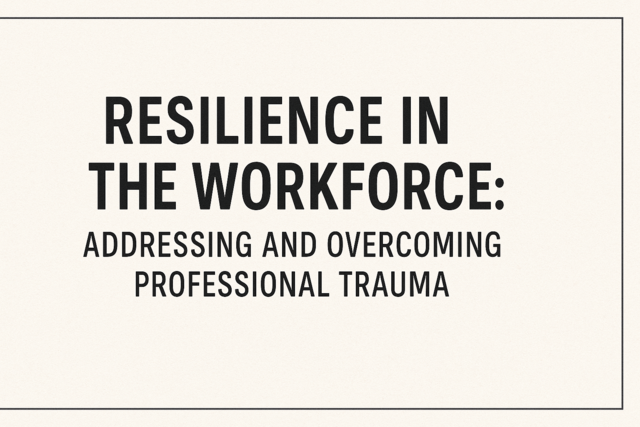 4 hours
0.4 CEUs
Resilience in the Workforce: Addressing and Overcoming Professional Trauma
+ More Info
4 hours
0.4 CEUs
Resilience in the Workforce: Addressing and Overcoming Professional Trauma
+ More Info
-
 5 hours
0.5 CEUs
The Enigmatic Dimensions of Time
+ More Info
5 hours
0.5 CEUs
The Enigmatic Dimensions of Time
+ More Info
-
 7 hours
0.7 CEUs
Conflict Resolution and Negotiation Tactics
+ More Info
7 hours
0.7 CEUs
Conflict Resolution and Negotiation Tactics
+ More Info


